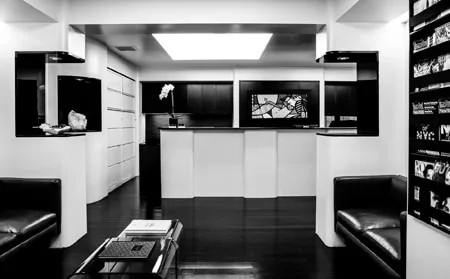 The selfie craze is rising among people active on social media. And many reports indicate that the surge in the demand for cosmetic procedures can be attributed to the desire to look good in selfies.
The selfie craze is rising among people active on social media. And many reports indicate that the surge in the demand for cosmetic procedures can be attributed to the desire to look good in selfies.
Recent reports reveal that the selfie craze is still on and continues to drive the demand for cosmetic surgical procedures. A large majority if social media users are teenagers and young adults, and the increased use of smartphones and urge to post selfie photographs has led to the increase in the number of younger cosmetic surgery aspirants.
Selfie Craze and Rise in Facial Plastic Surgery
Facial plastic surgery has become extremely popular with young people seeking to look perfect on social media platforms. Plastic surgeons report that while earlier most of their patients were middle-aged and wanted to correct facial damage, they are currently facing a flood of younger patients, including teens. Social media has made adolescents more conscious about their looks as the selfie photos are close-up shots. Some of the factors responsible for this trend are as follows:
- Instagram and Snapchat are exclusively image based, and users who post their images on these platforms generally tend to scrutinize their looks more critically.
- The advent of the tool called the “selfie stick” – an extendable metal rod that attach to a smartphone and permits a wider variety of selfie shots – has promoted self-awareness and led to more plastic surgery requests.
- Smartphone apps allow images to be altered to look more attractive.
In a recent survey by the American Academy of Facial Plastic and Reconstructive Surgery (AAFPRS), 33% of the surgeons said that the selfie craze has increased plastic surgery requests over the last two years. AAFPRS reported a more than 30 percent increase in the number of people who sought plastic surgery to look good on pictures posted on social media platforms. The report also said that plastic surgeons saw an increase in the demand for cosmetic surgery among patients younger than 30. The most popular procedures were facelift, eyelid surgery, and Botox injections.
However, leading plastic surgeons caution that people should understand that cosmetic surgery is not right for everyone. They would recommend cosmetic surgery only for young people who experienced psychological or functional problems due to their appearance. Moreover, youngsters need to understand that selfies do not give a true picture of their appearance.
The bottom line: have plastic surgery only for the right reasons. If you feel that improving or changing a feature will have a really beneficial impact on your life, consult a reliable plastic surgeon for guidance to make an informed decision.
